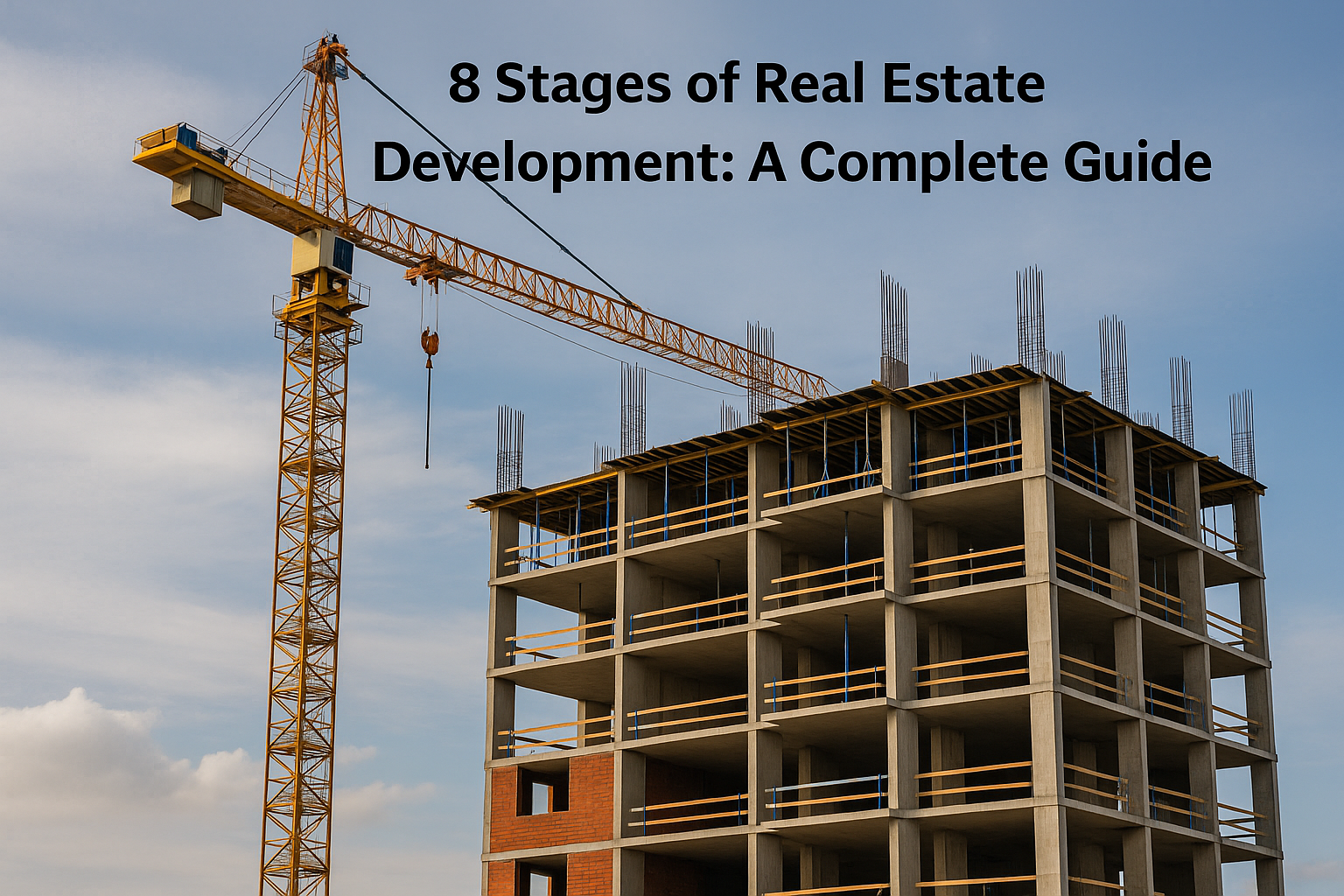🏘Introduction 🔎
Real estate law can feel like a maze of complex terms, clauses, and unexpected liabilities. 🧾 Whether you're buying your first home, selling a property, or dealing with a dispute, knowing your legal rights is crucial in 2025’s increasingly regulated real estate market. With updates from the June 2025 Google Core and Spam Policy, it’s more important than ever that online legal advice is accurate, human-written, and helpful
not AI spam or vague blog filler.
This guide tackles the most asked real estate law questions, giving you real-world answers with expert insights, legal accuracy, and practical tips. Let’s decode the law behind the deals. ⚖️
📜 Understanding the Legal Framework of Real Estate in 2025
In the U.S., real estate law varies significantly by state. However, federal laws also influence practices, especially concerning fair housing (HUD), anti-money laundering (FinCEN), and digital property disclosures. 📉 Over 68% of property disputes in 2024-2025 were due to disclosure issues, unclear contracts, or fraudulent documentation. Staying legally informed isn’t optional
it’s essential.
🧾 Key Legal Documents in Real Estate Transactions
Every real estate transaction involves a paper trail that legally protects all parties. The most important documents include:
Purchase Agreement (contract between buyer and seller)
Title Report (confirms ownership)
Deed (transfers ownership)
Disclosure Forms (lists known issues)
Loan Documents (if financing is involved)
💡 Expert Tip: Review your state’s disclosure laws. In California, sellers must provide a Natural Hazard Disclosure; in Texas, it's a Seller’s Disclosure Notice.
🧑⚖️ The Role of Real Estate Attorneys
While real estate agents handle transactions, attorneys focus on legality. Attorneys:
Draft and review contracts 📝
Ensure compliance with zoning and state laws
Represent clients in disputes or litigation
File necessary legal paperwork with the county or city
In 2025, digital signatures and blockchain land registries are becoming more common but legal review remains vital to avoid future claim
⚠️ Common Legal Pitfalls in Real Estate (and How to Avoid Them)
Failing to disclose property defects
Boundary disputes with neighbors
Title fraud or forged deeds
Breach of contract
Illegal home improvements (no permits)
🧠 Pro Insight: Always get a title search from a licensed title company and ensure compliance with local building codes before listing a renovated property.
📈 Legal Trends in 2025 Real Estate
AI & Fraud Prevention: Legal tech now scans contracts for hidden risks or inconsistencies.
Blockchain for Deeds: Immutable ownership records reduce title fraud.
eClosings & Remote Notarization: Now legalized in 42 states, saving time and reducing in-person fraud.
Digital Disclosures: Regulated formats required in many states for seller transparency.
✅ How to Stay Legally Protected
Work with a licensed real estate agent and attorney
Always review the contract’s fine print
Get title insurance
Don’t skip inspections
Ensure proper permits for any structural changes
🛡️ Remember: Legal protection starts before you sign anything.
🧠 FAQs
❓1. What legal documents are required when buying a house?
To legally buy a house, you'll typically need a purchase agreement, property deed, disclosure forms, title report, and mortgage documents (if financing). In 2025, many states are also implementing mandatory digital disclosure compliance to align with updated transparency laws. It's crucial to have a real estate attorney or title agent review all contracts to ensure lawful compliance and protect your investment.
❓2. Is it mandatory to have a lawyer during a real estate transaction?
Not always, but it's highly recommended especially for transactions involving complex terms, disputes, or commercial property. In states like New York and Massachusetts, legal representation is required by law. An attorney ensures the contract is legally sound, reviews title issues, and safeguards your interests during negotiation and closing.
❓3. What happens if a seller backs out after signing a contract?
Once a purchase agreement is signed, the seller is legally bound to proceed unless the contract includes contingencies. Backing out can result in legal consequences, including a potential lawsuit from the buyer for “specific performance” or damages. Always ensure the contract clearly outlines all exit clauses and contingencies to avoid disputes.
❓4. Are verbal real estate agreements legally binding?
In most jurisdictions, no. Real estate contracts must be in writing under the “Statute of Frauds.” A verbal agreement isn’t enforceable in court. For a contract to be valid, it must include the property details, agreed-upon price, signatures from both parties, and legal consideration.
❓5. What is title insurance and why is it important?
Title insurance protects buyers and lenders from financial loss due to title defects, liens, or ownership disputes. It ensures that you legally own the property free and clear. In 2025, title fraud cases have risen due to online forgeries, making title insurance more essential than ever.
❓6. Can a buyer sue a seller for nondisclosure of property defects?
Yes, buyers can file a lawsuit if a seller intentionally hides or fails to disclose known defects. Many U.S. states follow “caveat emptor” (buyer beware), but sellers are still legally required to disclose major structural or environmental issues. Digital disclosure logs are now increasingly used as evidence in these legal disputes.
❓7. What’s the difference between a deed and a title?
A title refers to your legal ownership rights to a property. A deed is the physical document that transfers that ownership. Think of the title as the concept, and the deed as the proof. Both are critical in a legal transaction, and discrepancies between them can lead to litigation.
❓8. Are real estate commissions negotiable by law?
Yes, real estate commissions are not legally fixed and are fully negotiable. In fact, the U.S. Department of Justice encourages transparency and negotiation. As of 2025, some states have introduced disclosure requirements stating that agents must inform clients of their right to negotiate commission rates.
❓9. What happens if property boundaries are disputed?
Boundary disputes are resolved through property surveys, title history, and sometimes litigation. A real estate attorney may file a “quiet title” action to settle the matter in court. It’s important to review boundary lines via an updated survey before closing any deal to avoid future legal headaches.
❓10. Is earnest money legally refundable?
Yes under specific conditions. If a buyer backs out within contingency periods (inspection, financing), the earnest money is typically refundable. However, breaching the contract outside those terms can cause the buyer to forfeit the deposit. Ensure your contract details all refund conditions clearly.
🏁 Conclusion: Protect Your Investment With Legal Insight
Real estate is one of the biggest financial moves of your life don’t leave it vulnerable to legal mistakes. Understanding these key real estate law questions empowers you to navigate transactions with clarity and confidence. Consult legal professionals, read every document carefully, and protect your rights from offer to closing. 🏡💼


















Blog Comments (0)